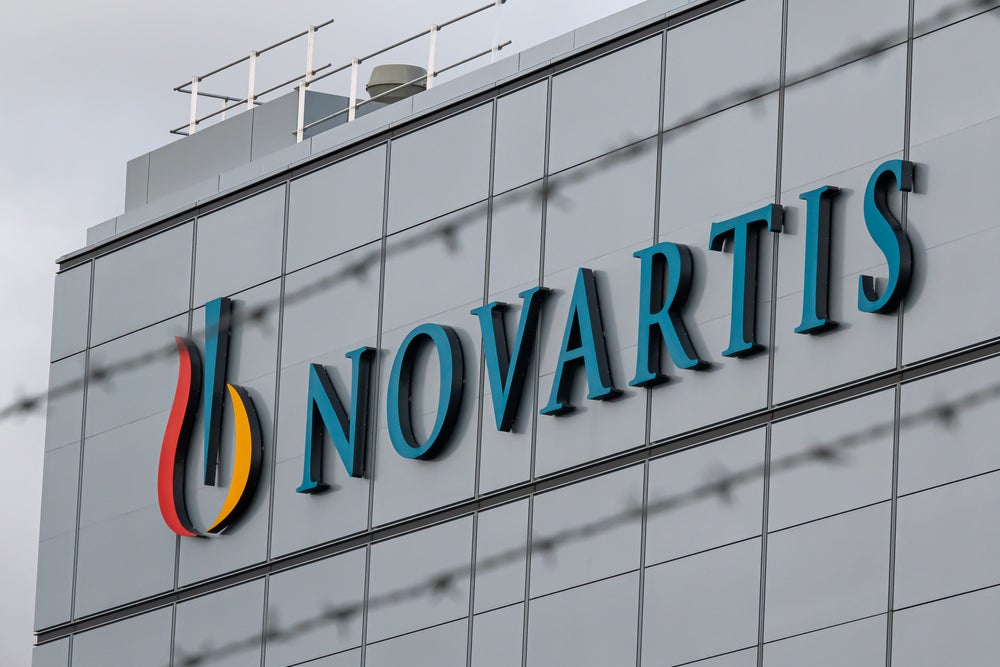Novartis AG NVS on Thursday released topline results from the Phase 3 GCAptAIN study evaluating Cosentyx (secukinumab) for newly diagnosed or relapsing giant cell arteritis (GCA).
Giant cell arteritis is an inflammation of the lining of the arteries. It often affects the arteries in the head, especially those in the temples.
In the study, Cosentyx was evaluated with a 26-week steroid taper and compared to a placebo plus a 52-week steroid taper. Cosentyx did not demonstrate a statistically significant improvement in sustained remission at Week 52 compared to placebo.
Also Read: FDA Eases Access To Life-Saving Gene Therapies For Blood Cancers
While the secondary outcomes did not show statistical superiority, Cosentyx showed numerically better outcomes compared to placebo for cumulative steroid dose and steroid-related toxicity.
Safety in GCA was consistent with the known safety profile of Cosentyx, which is supported by robust evidence and 10 years of real-world data across its approved indications. Novartis will complete a full evaluation of the GCAptAIN data and share the results later.
This outcome comes as the competitive landscape for GCA treatments is evolving. Just in April of this year, the U.S. Food and Drug Administration (FDA) and the European Commission approved AbbVie Inc.’s ABBV Rinvoq (upadacitinib), 15 mg, once daily, for giant cell arteritis, adding another therapeutic option for patients.
Despite this setback in GCA, Cosentyx remains a significant revenue generator for Novartis. The drug’s sales increased by 16% year-over-year to $1.5 billion (+18% on constant currency) in the first quarter of 2025, driven by its established uses in conditions such as psoriasis, psoriatic arthritis, and ankylosing spondylitis.
In other recent news for Novartis, the company released positive results in June from its APPULSE-PNH Phase 3B study. This study evaluated the efficacy and safety of twice-daily oral monotherapy Fabhalta (iptacopan) in adult patients with paroxysmal nocturnal hemoglobinuria (PNH) with Hb levels ≥10g/dL who switched from anti-C5 therapies (eculizumab or ravulizumab).
The company released topline data in December 2024. After 24 weeks of treatment with Fabhalta, the Hb level improved on average by 2.01 g/dL, with most patients achieving normal or near-normal levels.
Price Action: NVS stock is trading lower by 1.21% to $122.31 during the premarket session at last check Thursday.
Read Next:
Photo via Shutterstock
